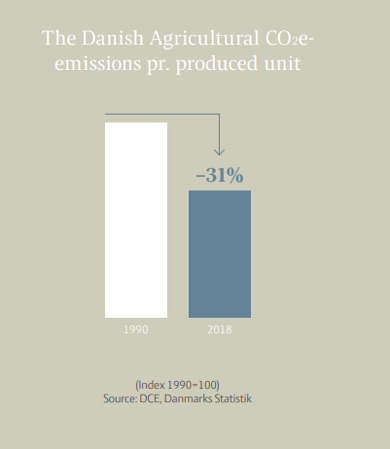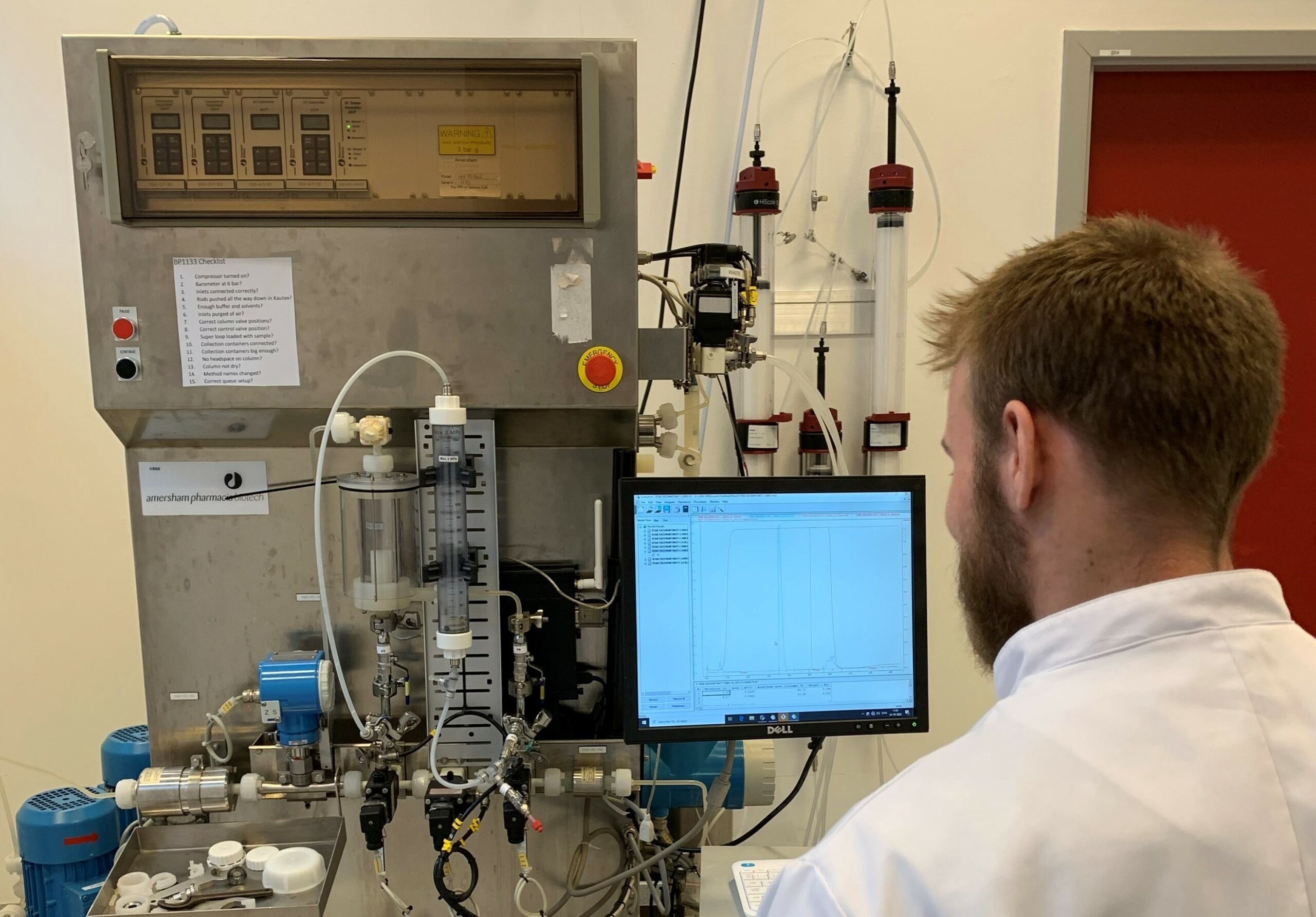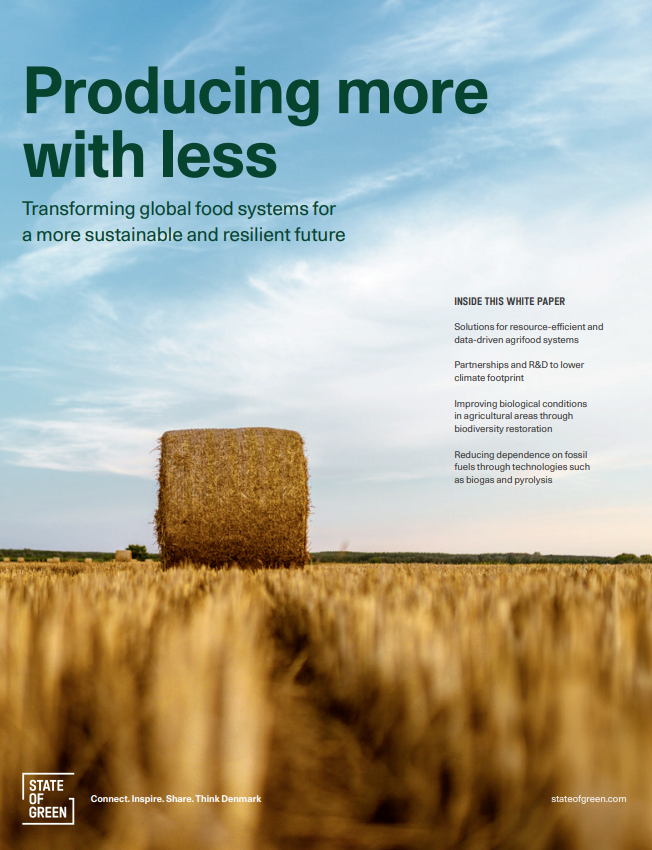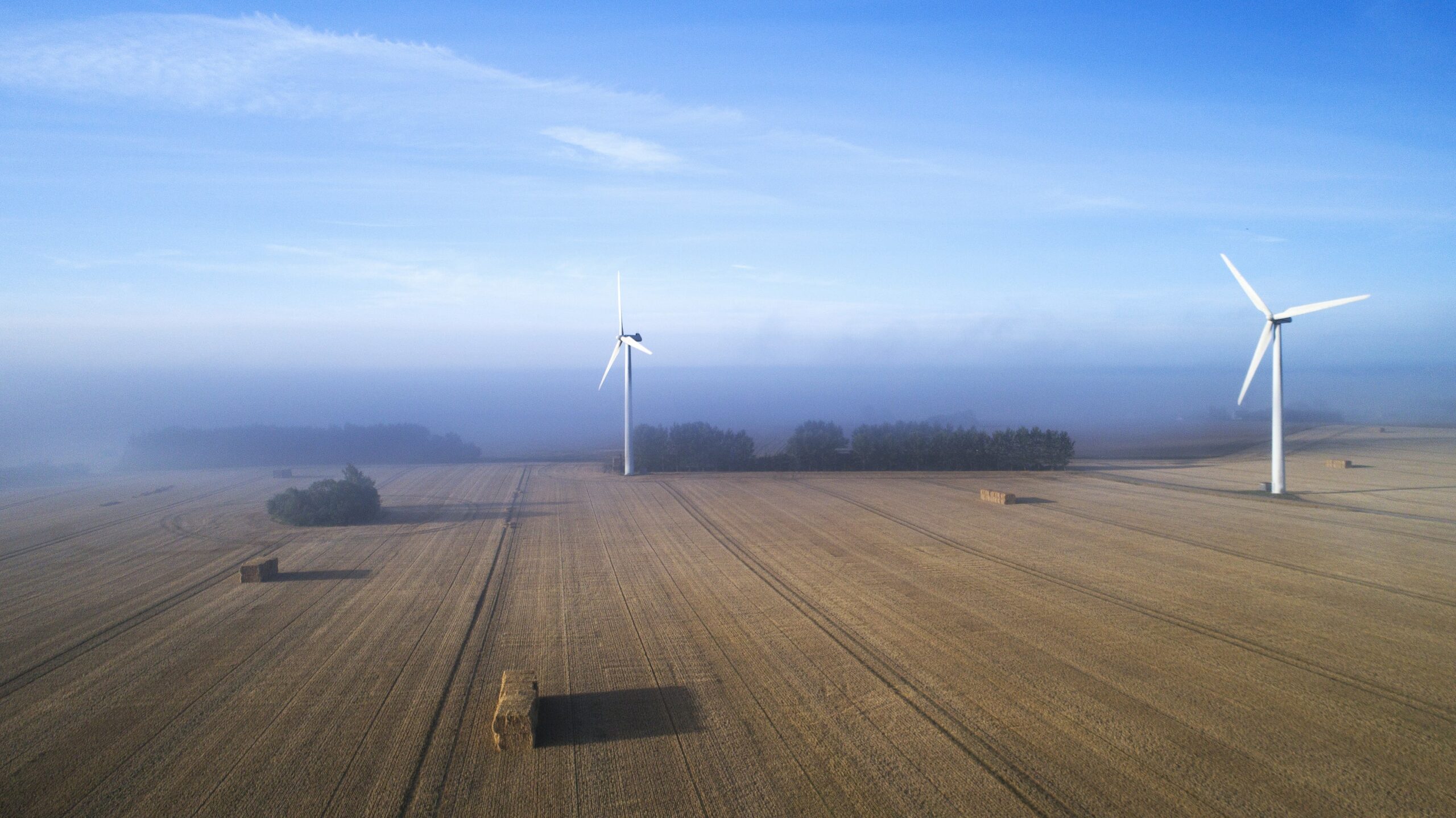Perspective
Industry
Towards food production with lower climate impact


Efforts in Denmark’s agrifood cluster can be a source of inspiration and solutions in moving global agrifood systems towards production with lower climate impact. Danish agriculture performs well in international comparisons of production processes with a reduced carbon footprint. In 2020, the World Resources Institute showed that Denmark is among the most climate-efficient countries in the world when it comes to production of pork and dairy products.
The Danish agrifood cluster is proof that reduced emissions and increased production can go hand in hand. In total, the Danish agrifood cluster has reduced its emissions with 25 percent from 1990 – 2020, while producing 28 percent more. It is a reduction of the climate footprint per produced unit by 31 percent. This is notably attributable to a high feed conversion ratio and the subsequent lower discharges from the feed production process. Most of the emission reductions were seen in the period between 1990 – 2005.
The study from WRI does not include import of feed, because the calculation model is based on the territorial principle, which includes emissions linked to production and consumption within Denmark’s borders. When the territorial principle is applied, it means that import of soy is not included in the calculation. However, the climate effect of Danish solutions that are exported is not included either, even though these displace many tonnes of CO2e globally in their lifetime. The calculation model is important to factor in when aiming to reduce the climate impact of agrifood production. While Danish husbandry production still imports soy as a feed ingredient, many stakeholders within the Danish value chain are participating in the Danish Alliance on Responsible Soy. As soy ranks amongst the commodities mostly linked to deforestation and conversion of other valuable natural ecosystems, the alliance is committed to import and utilise 100 percent responsible, deforestation-free and conversion-free soy by 2025.
Annual assessments undertaken by the University of Copenhagen are commissioned by ministries to track progress towards this target. At the same time, it is important to find lower-impact solutions for producing protein that can be used globally. Biorefining of grass is an example of cascade utilisation. Through biorefining, the grass protein can be made digestible for
non-grass-eating animals. This allows the farmer to import feed more locally and exemplifies an innovative approach that allows for continued food production with decreased carbon emissions. Researchers are working on developing a grass protein for human food products, too. The ambition is to optimise the process so the area required can be cut in half.
Ambitions, solutions and binding commitments In 2019, the Danish agrifood cluster committed itself to an ambition of reaching climate neutrality in 2050. From improving the energy efficiency of the buildings that house agrifood production to providing financial incentive models for farmers to reduce emissions and investigating the potentials of methane capture, the cluster is exploring every potential avenue from implementation of known technologies to development of novel solutions.
The cluster is currently working with solutions like frequent manure removal, reduction requirements for cattle and a development track with a focus on new feed additives and manure handling. All the solutions are working towards lowering the climate impact of food production. The agrifood cluster also participated in the Danish Climate Partnerships in 2020 and presented 24 concrete recommendations to the Danish Government on how to create a viable framework for the green transition of the agrifood sector.

White paper: Producing more with less
This article is an executive summary from the publication “Producing more with less”.
Download the white paper and discover how Danish researchers, technology providers and players across agrifood systems strive to transform global food systems and produce more with less
Discover hereYou should consider reading
publications
Resource efficient production
+15
Producing more with less
29 November 2023Perspective
Energy efficiency in industry
+1















